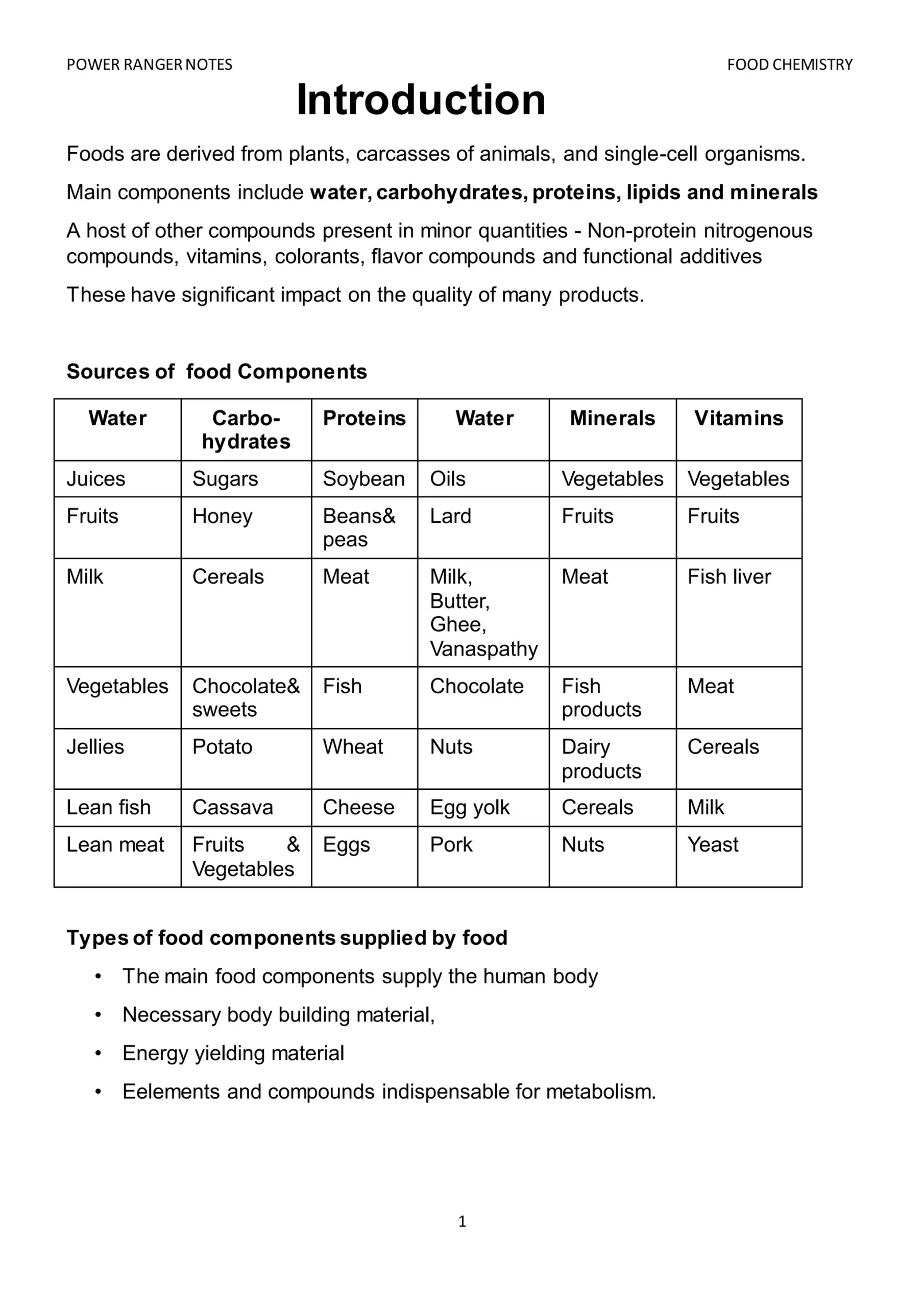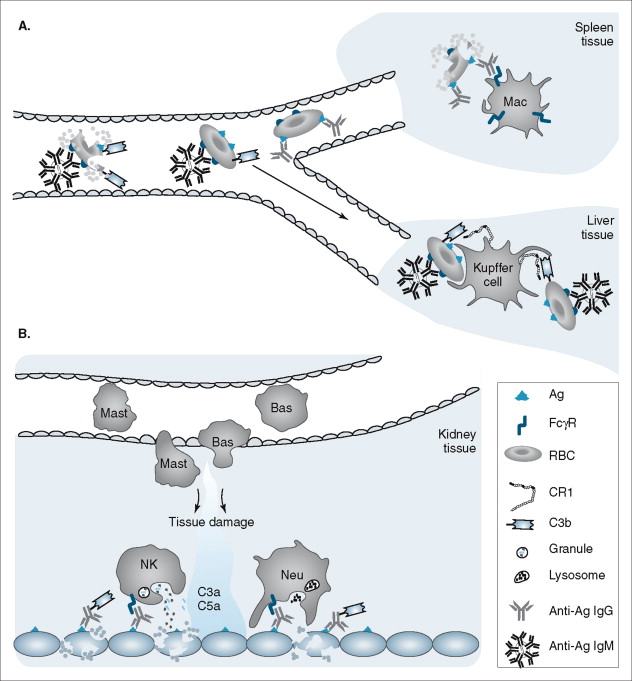**The Effect of Curry Preparation on Indoor Air Quality: Findings from Ashish Kumar’s Study** Preparing curries can envelop homes in wonderful scents, but this activity may also elevate levels of volatile organic compounds (VOCs) in the atmosphere, potentially impacting indoor air quality. Ashish Kumar, a researcher formerly associated with the University of York, warns about […]
Read More
